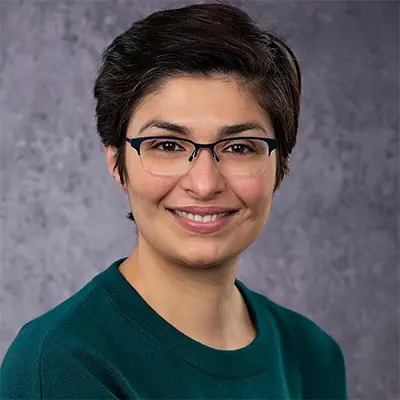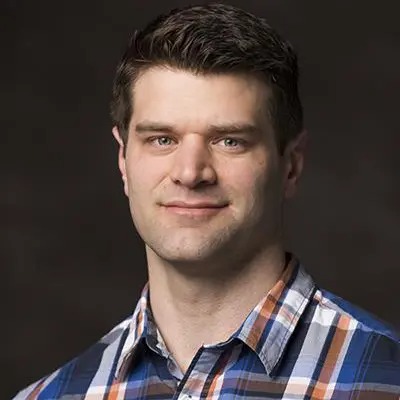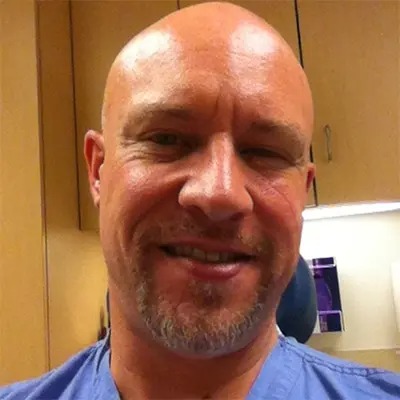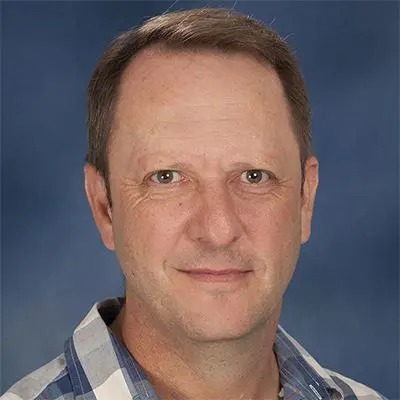The many Ways of fixing Broken Jaws in Dogs & Cats
Species
Small Animal
Contact Hours
3 Hours - RACE Approval Pending
Early Booking Deadline
Sun, 06 August, 2023
Registration Deadline
Fri, 25 August, 2023
Language
English
Discipline
Anaesthesia & Pain Management
Dentistry
Diagnostic Imaging
Orthopaedics
Surgery
Industry Partners
Global


Veterinary Partners
Global



Recorded on: 5th October 2023
Panelists:
Nadine Fiani BVSc., DAVDC, FF-AVDC-OMFS - Cornell University, USA
W. Mike Karlin MS, DVM, DACVS(LA), DACVS(SA) - Tufts University, USA
Alexander Reiter DTzt., Dr.med.vet., DAVDC, DEVDC, FF-AVDC-OMFS - University Of Pennsylvania, USA
Moderator:
Gerhard Steenkamp BVSc, PhD, FRCVS - University Of Pretoria, South Africa
PANEL DISCUSSION DESCRIPTION
Science and art meet when dealing with the many different presentations of fractured jaws. In the advent of recently developed dental materials, as well as the advancement in 3-D printing, the days of simply choosing the correct plate size and plating it are long gone – or are they?
An international panel of world-renowned dentistry specialists and surgeons will discuss this fascinating topic from multiple angles and perspectives and will debate the many different ways to fix broken jaws. The fundamental biomechanics that need to be considered and respected will be discussed and how they dictate which techniques are appropriate or optimal. The highly experienced panel will share the decision-making criteria that they personally apply and many helpful tips, tricks and pearls of wisdom.
Even though the panel might have different preferred techniques to fix the jaws of their patients, they are united in their goal to rapidly restore the dog or cat’s jaws back to fully function and by doing so, rapidly improving their patient’s quality of life.
If you are fascinated by this topic and are wondering how things have changed over the last decades, join us for a very interesting and illuminating journey where attendees will have plenty of opportunity to ask questions and share their own experiences.
Dr. Fiani's research interests include dentition of Australian Mammals, etiological mechanisms of dental disease in zoo animals and endodontic disease. Clinical Interests include endodontics, oncological surgery, and maxillofacial trauma and surgical repair. She also researches clinical teaching measures of success.
More InfoDr. William "Mike" Karlin is a member of the Department of Clinical Sciences at Tufts University and is an Assistant Professor in Small Animal Orthopedic Surgery. Dr. Karlin splits his time between the orthopedic service in Foster Hospital for Small Animals and instructing clinical year students and training interns and residents.
Dr. Karlin came to Tufts from his position as a small animal surgeon at the Intown Veterinary Group Hospital in Natick, MA. Prior to that he was a surgeon at the Southern New Hampshire Veterinary Referral Hospital in Manchester, NH.
Dr. Karlin is double-boarded as a diplomate of American College of Veterinary Surgeons (ACVS) in both Small Animal and Large Animal. He completed a residency/fellowship for dual certification in small animal surgery at Lauderdale Veterinary Specialists in Fort Lauderdale, FL in 2014, and he received his Masters of Veterinary Science and completed a residency in large animal surgery from the University of Illinois in 2010. His DVM degree was awarded from Kansas State University, College of Veterinary Medicine in 2006, and his BS from the University of Nebraska in 2002.
Professor of Dentistry & Oral Surgery at the University of Pennsylvania whose clinical expertise focuses on periodontal surgery (gingivectomy, apically and laterally positioned periodontal flaps, guided tissue regeneration); endodontic, restorative and prosthodontic treatment of injured teeth; passive and active orthodontic treatment of maloccluding teeth; oral and maxillofacial trauma surgery (non-invasive and invasive jaw fracture repair and treatment of luxated and avulsed teeth); oral and maxillofacial tumor surgery (mandibulectomy, maxillectomy, partial tongue resection, head/neck lymph node and salivary gland resections); palate surgery (various flap techniques for palate defect management); and facial soft tissue and bone reconstruction (lip reconstruction, mandibular defect management.
His research activities in cats and dogs focus on the etiology and pathogenesis of multiple tooth resorption; impact of periodontal disease on renal function and glycemic control; evaluation of techniques for periodontal surgery, jaw fracture healing and palate defect repair; and development of new treatment strategies for the oral and maxillofacial cancer patient.
More InfoProf. Gerhard Steenkamp joined the Companion Animal Clinical Studies Department at the University of Pretoria in 1998. He has ever since been responsible for the running of the Dentistry and Maxillofacial surgery clinic. Prof. Steenkamp lectures undergraduate veterinary and para-veterinary students in general surgery, dentistry and maxillofacial surgery in small animals, oncological surgery of small animals as well as equine dentistry. Prof. Steenkamp’s research projects involve collaboration with researchers from Lancet laboratories, Mammal Research Institute (University of Pretoria) and West Coast Veterinary Dental Services (Canada). To date he has supervised three MSc students. Prof. Steenkamp currently has 30 publications in peer-reviewed journals and has written four book chapters. He has presented 50 international conference papers and a further 30 nationally.
Prof. Steenkamp has a keen interest in clinical research, specifically in the fields of dentistry and maxillofacial surgery of small animals. He is currently working towards a major project, which involves the surgical dehorning of white rhinoceros calves, in an attempt to conserve the species. Additional work done on injured/ poached white rhinoceros have contributed towards understanding the systemic complications these animals suffer during such a traumatic event.
More InfoQualified Vet
Online Panel Discussion
USD 110.00
Veterinary Student (Requires proof of status)
Online Panel Discussion
USD 20.00
Intern/Resident/PhD (Requires proof of status)
Online Panel Discussion
USD 80.00
Vet & Vet. Nurse / Vet. Technician
Online Panel Discussion
USD 70.00
If the options you are looking for are unavailable, please contact us.
No tax will be added unless you are a UK taxpayer
Choose currency at checkout


















